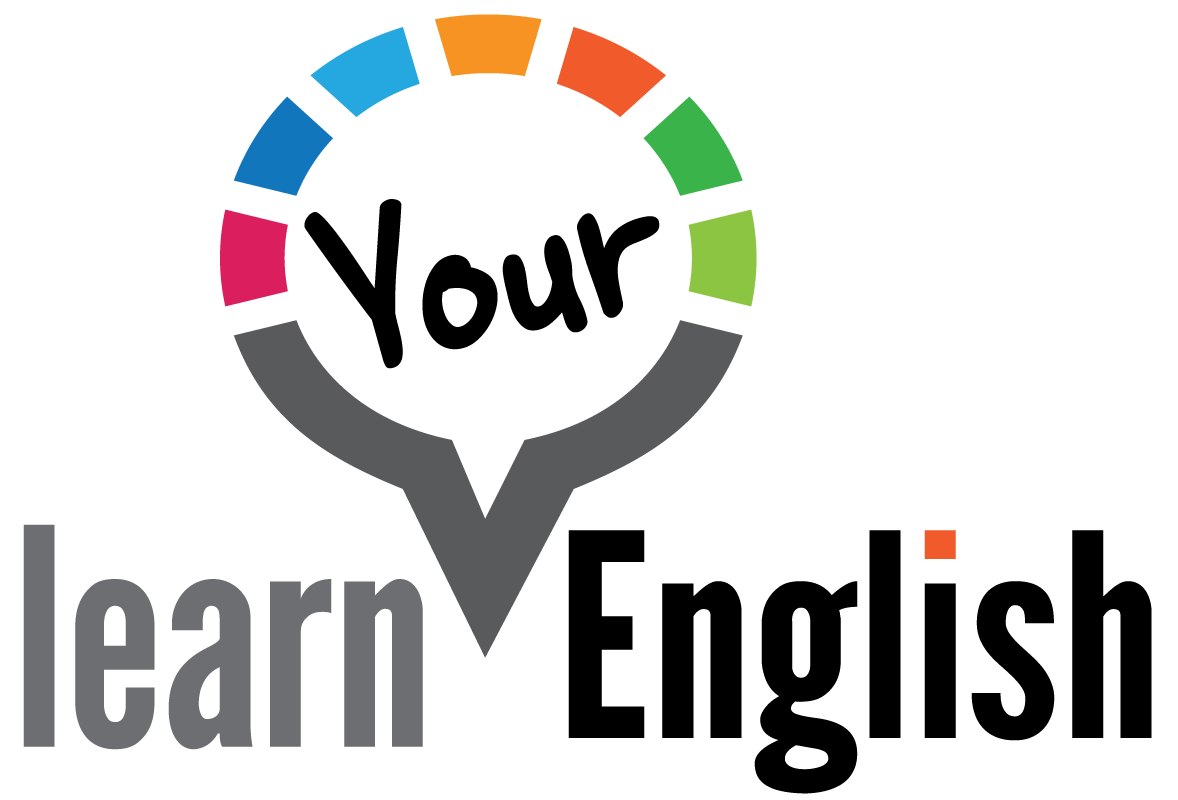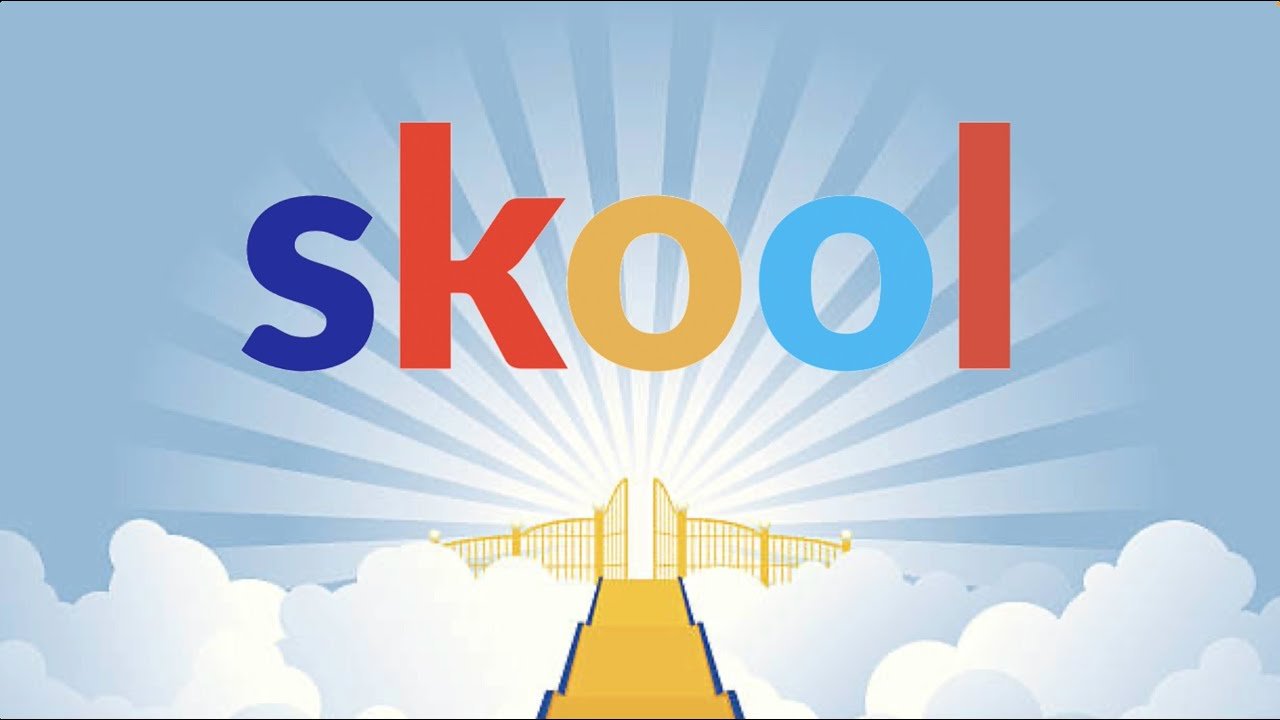The Teacher Talking Time Podcast
Or Watch the Video Versions on YouTube
Hosting your own course? Try Skool
Courses and community in the same place. We use Skool for our courses and love it.
Starting a Podcast? Try Podbean
We use Podbean every day for our own shows and can say how easy and effective it is.
EPISODES
Corrective Feedback 2: Exploring the Discourse with Dr. Hossein Nassaji
This is Episode 2 in our Corrective Feedback series in partnership with Carleton University. This episode is a sit down with Dr. Hossein Nassaji.
Specifically in this episode, Dr. Nassaji tells us about:
the roles corrective feedback plays in language learning
how culture impacts feedback effectiveness
the debate between immediate and delayed feedback
written vs oral feedback and the efficacy of written feedback
the what, when, why, and if of explicit & implicit feedback
how teachers can learn about and implement corrective feedback in their classes
*This interview was conducted by Kelsey Ulrich-Verslycken and Lana Haj Hamid
Corrective Feedback 1: Exploring the Discourse by Connecting Scholars & Teachers
This is the introductory episode to our Corrective Feedback series. Here, we invite Dr. Eva Kartchava - Associate Professor of Applied Linguistics and Discourse Studies in the School of Linguistics and Language Studies at Carleton University, Canada - and Dr. Hossein Nassaji - Professor of Applied Linguistics in the Department of Linguistics at the University of Victoria, Canada - to help kick off the series.
In this episode, they help elucidate many questions the series aims to answer, some of which are:
what is corrective feedback?
how do you give CF?
what is the purpose of CF?
how many different types of CF are there?
when should we provide CF?
Episode 33: Scott Thornbury
Scott Thornbury joins Leo, Mike, and Andrew in studio. We delve into Scott's career journey, and he discusses:
his career beginnings
his early influences and the "mother goose approach"
a paradigm shift away from drills and accuracy to a fluency-based, communicative approach
views on teacher development
his writing process and how nothing on the page in front of you is alright when there's a lot behind you
Dogme and Leo Van Lier's influence on him
Episode 32: Two Years of Teacher Talking Time
For the 2-year anniversary of TTT, this episode was also broadcast live on the LYE Youtube channel, and in the first episode of 2021, they guys along with their guests discuss:
why and how Teacher Talking Time came to fruition
using podcasting as a tool for CPD
using podcasting as an asset for classroom assessment
Leo’s Master’s dissertation on podcasting in ELT
We also hear from some of our listeners on how they use podcasts for their development.
Episode 30: Luke Meddings
Luke reflects on the Dogme movement, why it was viewed as controversial, where it is now, and if he still views it as controversial.
In much more detail, he tells us:
his teaching beginnings and why it led him to a "teaching unplugged" approach (3:00)
the first school he started - "Explore Your English" - and why it was idealistic (18:00)
the genesis of Dogme and meeting Scott Thornbury (25:00)
why presenting on Dogme at conferences was met with both excitement and contempt (40:00)
the writing of "Teaching Unplugged" and why they didn't use the word "Dogme" (44:00)
the 10 principles of Dogme and why they chose the 3 they did for their movement (55:00)
his thoughts on progressive education and how we still need to do better (1:02:00)
Episode 29: Dr. Masatoshi Sato
In this episode, Dr. Sato tells us:
how he became a researcher (2:00)
misconceptions on the purpose of second language research (12:00)
what the "research-pedagogy" dialogue is and why it's important (18:00)
why he believes teachers usually don't interact with research (30:00)
what researchers need to do for their work to be more useful to teachers (34:00)
why motivation cannot be the cause of learning (47:00)
his study analyzing motivation and the "ideal self system" and its link to second language learning (52:00)
Episode 28: Ana-Marija Petrunic
In this episode, Ana-Marija delves into:
how her feeling of being "suspended in identity" led her to a career in ELT
her work in Kosovo - what it was, why she went, and how it happened
the challenges of re-constructing education in a post-war region
how identity impacts language learning and teaching
why she believes neutrality does not exist in education
why teachers need to embrace tension and discomfort in their classrooms, and have tough, meaningful, and impactful discussions with their students that will impart social change
Episode 27: Chiara Bruzzano & Marc Jones
Marc and Chiara help us parse what current research and findings on listening says, and discuss what strategies and approaches we as teachers can utilize in our classes to best help our students.
This episode is divided into 3 sections:
1. The Differences between teaching, practicing, and testing listening (3:20)
2. Analyzing the standard approach to teaching listening (34:00)
3. Looking at what can be improved and suggestions of how to go about it. (1:02:00)
Episode 26: Jason Anderson
In this episode, Jason discusses:
His recent project in India (4:00)
The history of the PPP Framework (11:00)
Why the Zone of Proximal Development is misunderstood in second language acquisition (19:00)
Lexis, Grammar, the lexical approach and a synthetic syllabus (22:00)
If TBLT is appropriate in developing world contexts (28:00)
What it means for an approach "to work" (36:00)
Creating appropriate outcome measures (39:30)
Research and practice together in a reflective model of teacher education (50:00)
The TATE model (57:30)
Episode 25: Jane Willis
In this episode, Jane delves into all things teaching, including:
her early beginnings in teaching (4:00)
one of her first books "Teaching English through English" (10:00)
the COBUILD syllabus
the restrictions course books put on training the next generation of teachers (26:00)
Why Task-based Language Teaching (38:30)
Why TBLT isn't PPP upside down (53:30)
TBLT with beginners (56:30)
If TBLT is appropriate for all teachers (1:01:30)
The latest Willis book "Winning the Grammar Wars" (1:07:30)
What an input-rich course would look like (1:33:00)
Raising Bilingual Children (1:39:00)
Episode 24: Dr. Marije Michel
In this episode, Dr. Michel discusses the second language learning process, the role of input, and her most recent research on alignment.
Dr. Michel focuses on:
Learning by doing
The role of input
The role of grammar instruction and repetition in task-based approaches
CAF - Complexity, Accuracy, Fluency
Training students to give meaningful peer feedback
An important refugee project called The English Academy for Newcomers
Alignment - what it is, how it works, and how teachers can incorporate it
Episode 23: Fernando Rosell-Aguilar
In this episode, Fernando discusses:
the main differences between online and face-to-face teaching
practices to use and avoid in online teaching
if the mass move to teaching online will re-shape traditional education
what he believes the term "supplementary" means in education
the myth that a teacher is required for learning
how much teaching should be done online
techniques teachers can use to improve their online teaching
Episode 22: Vinicius Nobre
In this episode, Vinicius talks about:
learner motivation, and the role teachers play - or don’t play - in it
the deficiencies in teacher training courses
textbooks, the intention behind how they are written, and why they shouldn’t be used as recipes
the ELT context in Brazil, including the hurdles to reaching proficiency, and why the English language rarely has any tangible benefits to Brazilians
the challenges to professionalizing ELT in Brazil
Episode 21: Neil McMillan
In this episode, Neil talks about:
the gap between standardized tests and necessary performative tasks, especially in the case of immigration;
what SLB is, how it works, and how teachers elsewhere can form a cooperative;
if ELT is a genuine career given the lack of regulation in the industry;
TBLT myths, SLB's TBLT course, and how teachers can implement tasks from coursebooks;
EAP contexts and how understanding a professor's expectations is integral before creating language curriculum.
Episode 20: A Decade, Change, and the Three Musketeers
To kick off 2020, Leo, Mike, and Andrew take a light and casual look at the year that was. In their first roundtable episode in a while, the boys reflect on the past year - and decade - and look forward to a new year. Grab a drink, go for a walk, or enhance your commute by listening to them failing to stay on topic, wandering deep into tangents, and debating the pronunciation of "vice versa."
Episode 19: Dr. Paula Winke
In this episode, Dr. Winke provides insight on:
what proficiency is, the models usually used to measure it, and what problems exist in that model;
how proficiency progresses vertically, horizontally, and spherically, and questions why we usually only gauge progress on a vertical scale;
how programs can evaluate if they are assessing accurately;
the problem with measuring proficiency across different program levels;
how course grades do not correlate to proficiency and that most assessments don't est what is being learned
ACTFL and CEFR scales and how tasks can be great assessment tools.
Episode 18: Why Did You Become a Teacher? Part 2
October 5 is Teacher Appreciation Day in Canada, and in over 100 countries globally. To help celebrate teachers and teaching professionals the LYE podcast - Teacher Talking Time - has organized a special two-part series called “Why did you become a teacher?” We interviewed six teachers from different countries and contexts to hear their stories, and celebrate the stories of all educators around the world.
We asked six teachers eight questions over two episodes. We talked about becoming a teacher, remaining a teacher, thinking about leaving teaching, misconceptions of teaching, rewarding experiences, and much more.
Episode 17: End the Stigma - Mental Health Awareness
The episode’s focus is on post-secondary and international study, where Mental Health rates among university and college students are on the rise in Canada. Issues of Mental Health can be even tougher in a new country, in a new language, in a new culture. International students, refugees, and other newcomers experience mental health as anyone else would, perhaps moreso, with factors like stigma, shame, and survivor’s guilt lingering. '
For those of us in education, the question remains: what can we do?
Episode 16: Why Did You Become a Teacher? Part 1
October 5 is Teacher Appreciation Day in Canada, and in over 100 countries globally. To help celebrate teachers and teaching professionals the LYE podcast - Teacher Talking Time - has organized a special two-part series called “Why did you become a teacher?” We interviewed six teachers from different countries and contexts to hear their stories, and celebrate the stories of all educators around the world.
We asked six teachers eight questions over two episodes. We talked about becoming a teacher, remaining a teacher, thinking about leaving teaching, misconceptions of teaching, rewarding experiences, and much more.
The teachers who graciously took part in this mini series are as follows. Please feel free to reach out to them and to support the projects they are working on.
Episode 15: Brett Reynolds
In this episode, Brett talks to Leo about his recent publication in the ELT Journal called "Against Teaching Collocations."
Are collocations connected to language acquisition?
Are they actually a beneficial strategy for vocabulary building?
Does it matter if students can notice and identify collocations?
Should they only be for receptive practice?
Are collocations simply another form of native speakerism?























Subscribe to the Show
Teaching Talking Time is an English Language podcast aimed at teaching professionals and learners. Leo, Mike, and Andrew bring you discussions, interviews, and debates on English language training and learning. From approaches, misconceptions, and successful and failed case studies, each episode is dedicated to their vision: continual growth. They interview teachers and learners from around the world, and also debate the merits of common teaching approaches.
We release two episodes a month: one for teachers and one for students.